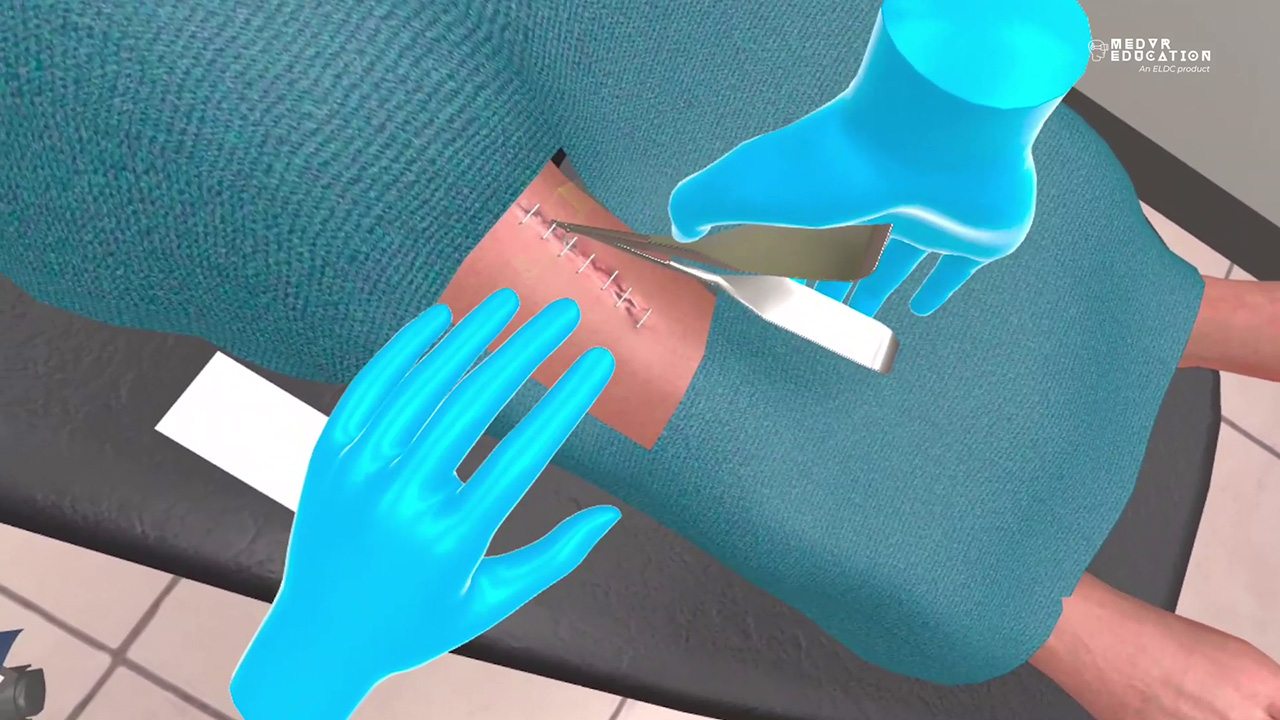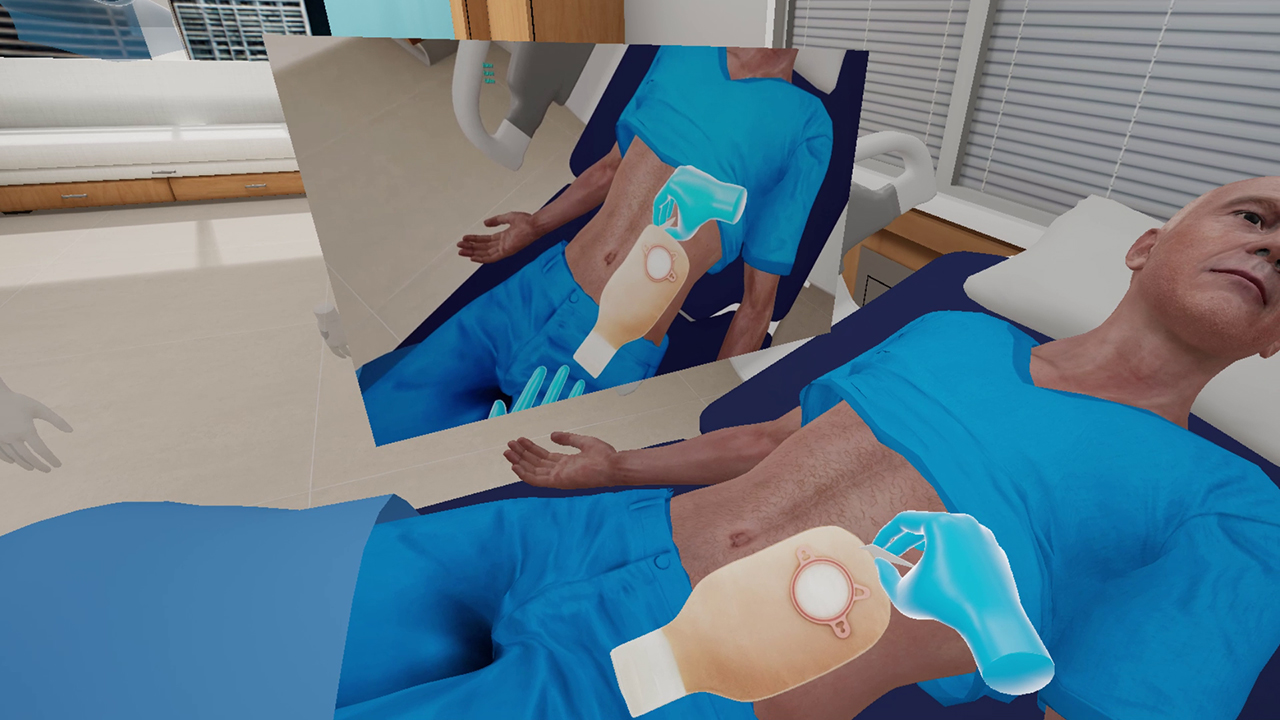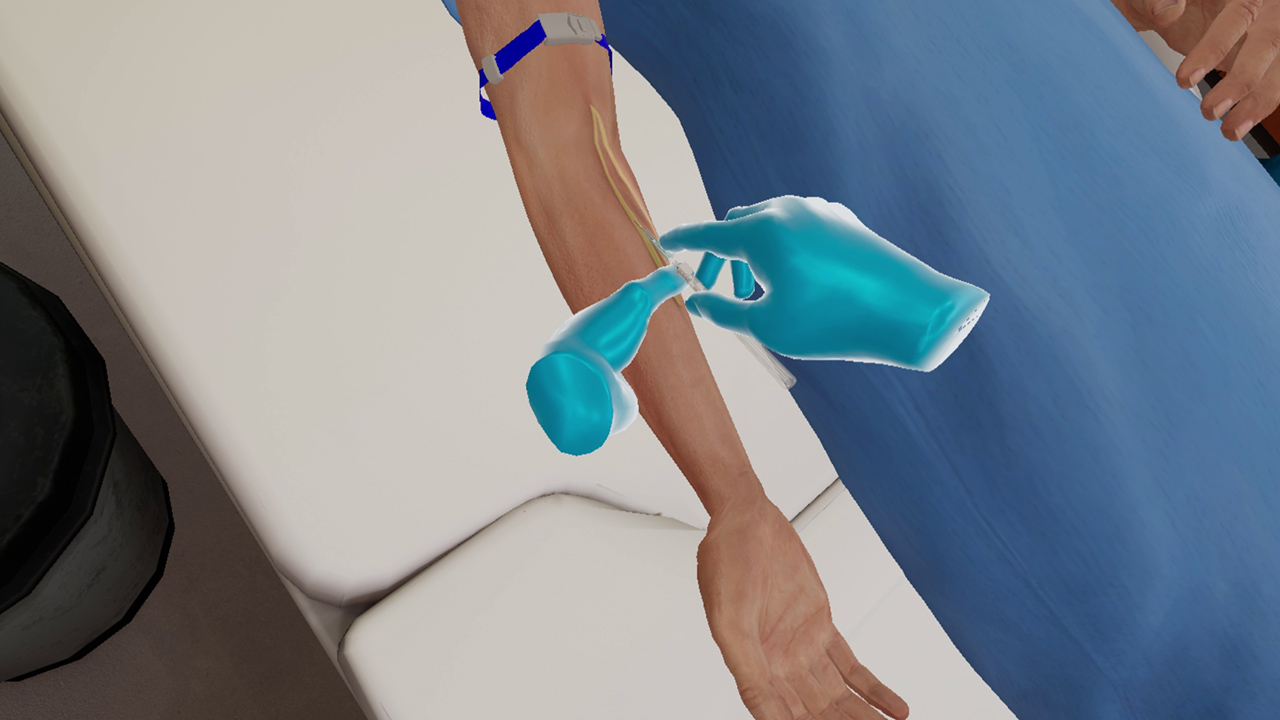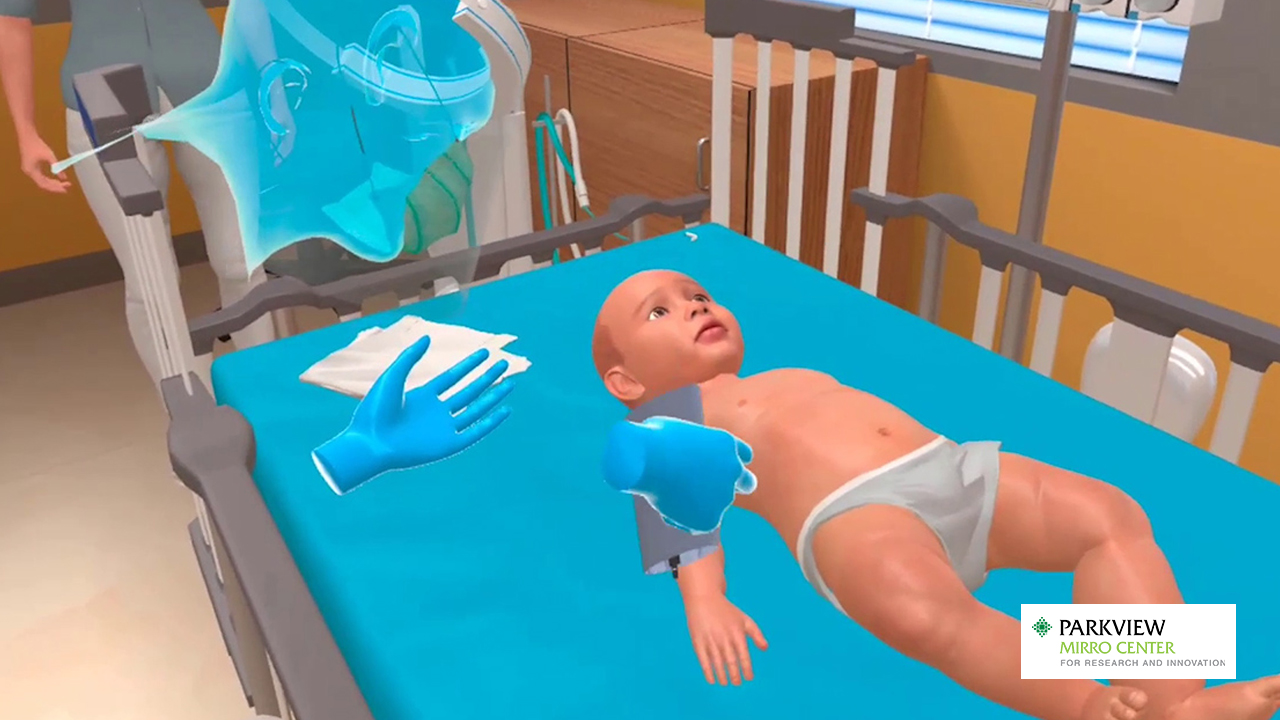
Rapid Cycle Deliberate Practice (RCDP) is a training methodology that involves frequent practice of a specific skill or task, followed by feedback and reflection, with the goal of improving performance over time. The approach is characterized by its focus on deliberate practice, immediate feedback, and rapid cycle iteration.
What is deliberate practice?
To practice is one thing and to practice deliberately is another. To develop expertise, it requires a certain type of considerable, sustained, consistent and specific type of practice. The concept of deliberate practice can be attributed to Dr. K Anders Ericsson and his extensive study of expertise which states that mastery in a skill is not just the result of innate talent, but a consistent and deliberate time spent in training and preparation.
Benefits of Rapid Cycle Deliberate Practice in healthcare training?
According to a study released by John Hopkins Medicine, medical errors can be cited to be the third leading cause of deaths in the US. In the study spanning eight years, “Johns Hopkins patient safety experts have calculated that more than 250,000 deaths per year are due to medical error in the U.S.”
RCDP aims at improving performance making it an apt training method to help healthcare providers develop and improve their clinical skills. Pairing it with simulation-based education, RCDP enables healthcare providers to practice specific skills or tasks repeatedly and receive immediate feedback on their performance from a supervisor or instructor during the debriefing. This feedback can be used to identify areas for improvement and develop targeted interventions to enhance their skills and knowledge.
RCDP enables healthcare providers to practice specific skills or tasks repeatedly and receive immediate feedback.
Debriefing is an essential part of simulation-based learning sessions. Every simulation is followed by a debriefing wherein learners get to analyze their performance, identify key mistakes, and improvement points. When this debriefing is immediately followed by a repeat practice session, there is an improvement in the learning outcome.
Another way to implement RCDP would be to pause scenarios every time a learner makes a mistake or needs to reflect upon decisions taken. There can be small chunks of debriefing regarding the process up to that juncture. The learner can rewind the procedure a couple of steps and resume the session. Immediate feedback and rectifying opportunities help cement the procedure and develop muscle memory.
The benefits of RCDP include improved performance, increased self-awareness, a boost in self-confidence, and enhanced learning outcomes. By providing learners with frequent opportunities to practice and receive feedback on their performance, RCDP enables them to identify areas for improvement and make targeted efforts to improve their skills and knowledge. Needless to say, these are attributes much required in the field of healthcare training, for very obvious reasons.

Rapid Cycle Deliberate Practice helps with improving performance and building confidence.
Use of RCDP in healthcare VR simulation training
RCDP is particularly effective when used in conjunction with virtual reality (VR) simulation training. In VR simulation training, healthcare providers can practice clinical scenarios in a safe and controlled environment, which allows for the rapid cycle iteration and immediate feedback necessary for effective RCDP.
– Back-to-back practice: VR allows users to engage in rapid, continuous practice sessions without the need for physical setup or resetting equipment. This enables learners to repeat and refine their skills in quick succession, facilitating a more efficient and intensive training experience. The immersive nature of VR can also help users focus and concentrate on the task at hand, maximizing their practice time.
– Cost effective: Traditional training methods often involve significant costs related to materials, equipment, and facilities. Each repeated session incurs a cost which can prove to be heavy on the budget. VR simulations can help reduce these expenses by providing a virtual environment that replicates real-world scenarios without the need for physical resources. Learners can practice in virtual settings, manipulating virtual objects or interacting with virtual characters, thereby minimizing the need for costly physical equipment and materials.
– No wear and tear of equipment: In the healthcare sector, training many a time involves the use of expensive or limited resources. Moreover, repeated use of equipment means more wear and tear. VR simulations can simulate these resources virtually, allowing learners to practice their skills without consuming actual materials. For example, surgeons can practice complex procedures in a virtual operating room without using real medical supplies or instruments. This not only saves costs but also ensures that limited resources are preserved for real-world applications.
All simulations by MedVR Education are perfect combination of VR simulations and RCDP helping healthcare providers improve their clinical skills and knowledge in a highly effective and efficient manner. Additionally, these VR simulations can provide a more immersive and engaging learning experience resulting in increased learner engagement and motivation.
Contact us to know more about VR in healthcare training or visit MedVR Education to explore the various programs we offer.


